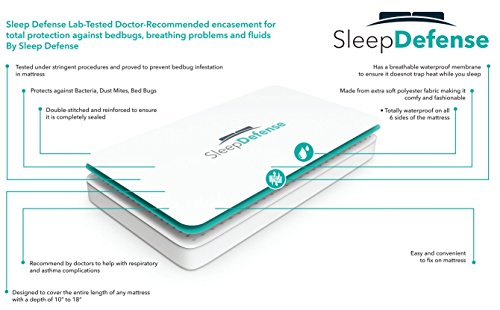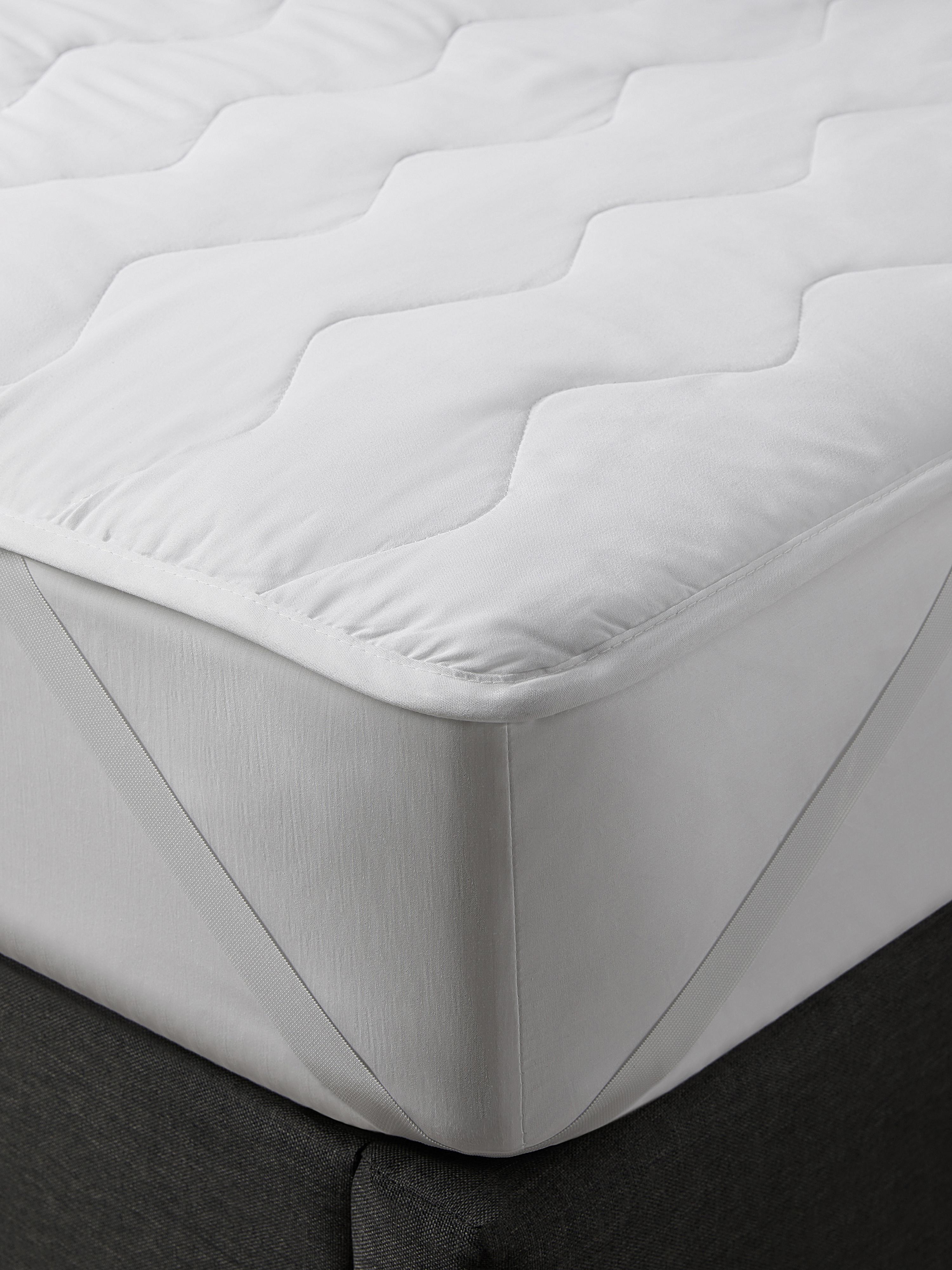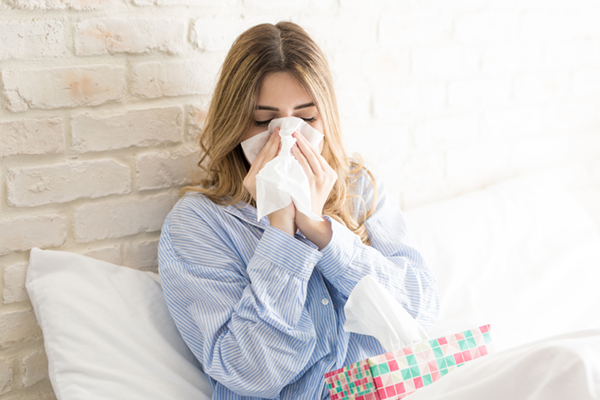If you're constantly waking up with a stuffy nose, itchy eyes, or a scratchy throat, you may be wondering if your mattress is to blame. The truth is, your mattress could be a major culprit for your allergies. Here's what you need to know about how your mattress can cause allergies and what you can do about it.Can a Mattress Cause Allergies?
It can be difficult to determine if your mattress is the cause of your allergies, as the symptoms can be similar to those caused by other allergens. However, if you notice that your symptoms are worse when you're in bed or when you first wake up, it's a good indicator that your mattress may be to blame. You may also notice an increase in symptoms after replacing your old mattress with a new one.How to Tell if Your Mattress is Causing Your Allergies
One of the main allergens found in mattresses is dust mites. These microscopic creatures thrive in warm, humid environments and can easily make their home in your mattress. Dust mites feed off of dead skin cells and can trigger allergies in sensitive individuals. To avoid dust mites, make sure to regularly wash your bedding in hot water and use a hypoallergenic mattress cover. Mold is another common allergen that can be found in mattresses. If your mattress is exposed to moisture, either from spills or sweat, it can become a breeding ground for mold. To prevent mold growth, make sure to dry your mattress thoroughly if it gets wet and avoid placing it in a damp or humid room. In addition to dust mites and mold, your mattress may also contain other allergens such as pet dander, pollen, and chemicals from flame retardants. These allergens can trigger allergies and asthma symptoms, making it important to properly clean and maintain your mattress to reduce their presence.Common Mattress Allergens and How to Avoid Them
If you're experiencing allergy symptoms, it's important to pay attention to the following signs that your mattress may be making you sick:Is Your Mattress Making You Sick? Signs of Allergies
If you suffer from allergies, it's important to choose a mattress that is hypoallergenic. This means that the materials used in the mattress are less likely to cause allergic reactions. Some of the best hypoallergenic mattress materials include organic cotton, bamboo, and latex foam. These materials are naturally resistant to dust mites and mold, making them a great choice for allergy sufferers.How to Choose a Hypoallergenic Mattress
In addition to the hypoallergenic materials mentioned above, there are some other mattress materials that are less likely to trigger allergies. These include memory foam, which is resistant to dust mites and mold due to its dense structure, and water-resistant materials such as vinyl or polyethylene, which can help prevent mold growth.Best Mattress Materials for Allergy Sufferers
Regularly cleaning your mattress is key to reducing allergens and keeping your allergies at bay. Here are some steps you can take to effectively clean your mattress:How to Clean Your Mattress to Reduce Allergens
Unfortunately, yes. Dust mites can thrive in your mattress and can even double in population every three months. This is why it's important to regularly clean and maintain your mattress to prevent dust mites from causing allergies and other health issues.Can Dust Mites Live in Your Mattress?
One of the best ways to protect your mattress from allergens is by using a mattress cover. These covers act as a barrier between you and your mattress, preventing dust mites, mold, and other allergens from seeping into the mattress. Look for covers that are specifically designed for allergy sufferers and are made of hypoallergenic materials.How to Protect Your Mattress from Allergens
Mattress allergy covers can be an effective way to reduce allergens in your mattress. However, it's important to choose a high-quality cover that is specifically designed for allergy sufferers. These covers should be tightly woven to prevent allergens from passing through, and should also be breathable to prevent moisture buildup. Remember to regularly wash your mattress cover in hot water to keep it clean and free of allergens.Mattress Allergy Covers: Do They Really Work?
How Your Mattress May Be Causing Your Allergies

Understanding the Connection between Mattresses and Allergies
 When it comes to creating a comfortable and healthy living space, many people focus on the design and decor of their home. However, one aspect that is often overlooked is the impact that our mattresses can have on our health. Mattresses are a vital part of our daily lives as we spend an average of 8 hours a day sleeping on them. But did you know that your mattress could be causing your allergies?
Allergies
are a common problem that affects millions of people worldwide. They occur when the immune system overreacts to a substance that is normally harmless, causing symptoms such as sneezing, coughing, and itchy eyes. These substances, known as allergens, can be found in the air, food, and even in our own homes.
Dust mites
are one of the most common allergens found in our homes, and they thrive in mattresses.
When it comes to creating a comfortable and healthy living space, many people focus on the design and decor of their home. However, one aspect that is often overlooked is the impact that our mattresses can have on our health. Mattresses are a vital part of our daily lives as we spend an average of 8 hours a day sleeping on them. But did you know that your mattress could be causing your allergies?
Allergies
are a common problem that affects millions of people worldwide. They occur when the immune system overreacts to a substance that is normally harmless, causing symptoms such as sneezing, coughing, and itchy eyes. These substances, known as allergens, can be found in the air, food, and even in our own homes.
Dust mites
are one of the most common allergens found in our homes, and they thrive in mattresses.
The Role of Your Mattress in Allergies
 Mattresses provide the ideal environment for dust mites to thrive. They feed on dead skin cells, which are shed by humans while sleeping. These tiny creatures can multiply quickly and produce
allergens
that can trigger symptoms in individuals who are allergic to them. Additionally, mattresses can also harbor other allergens such as
mold
,
pet dander
, and
pollen
brought in from outside.
Moreover, a
dirty mattress
can also contribute to allergies. Over time, mattresses accumulate sweat, body oils, and other bodily fluids, providing a breeding ground for bacteria and germs. These can cause respiratory problems and skin irritations, especially for those with allergies or sensitive skin. Regularly cleaning and replacing your mattress can help reduce the buildup of allergens and keep your sleeping environment healthy.
Mattresses provide the ideal environment for dust mites to thrive. They feed on dead skin cells, which are shed by humans while sleeping. These tiny creatures can multiply quickly and produce
allergens
that can trigger symptoms in individuals who are allergic to them. Additionally, mattresses can also harbor other allergens such as
mold
,
pet dander
, and
pollen
brought in from outside.
Moreover, a
dirty mattress
can also contribute to allergies. Over time, mattresses accumulate sweat, body oils, and other bodily fluids, providing a breeding ground for bacteria and germs. These can cause respiratory problems and skin irritations, especially for those with allergies or sensitive skin. Regularly cleaning and replacing your mattress can help reduce the buildup of allergens and keep your sleeping environment healthy.
How to Reduce Allergens in Your Mattress
 There are steps you can take to minimize the impact of your mattress on your allergies. First, invest in a
hypoallergenic mattress cover
that will form a barrier between you and the allergens in your mattress. Be sure to wash it regularly in hot water to kill any dust mites or other allergens that may have accumulated on it.
Another option is to switch to a
latex
or
memory foam
mattress, as these materials are less prone to harboring allergens than traditional spring mattresses. These types of mattresses are also easier to clean, reducing the buildup of allergens over time.
There are steps you can take to minimize the impact of your mattress on your allergies. First, invest in a
hypoallergenic mattress cover
that will form a barrier between you and the allergens in your mattress. Be sure to wash it regularly in hot water to kill any dust mites or other allergens that may have accumulated on it.
Another option is to switch to a
latex
or
memory foam
mattress, as these materials are less prone to harboring allergens than traditional spring mattresses. These types of mattresses are also easier to clean, reducing the buildup of allergens over time.
Conclusion
 In conclusion, your mattress could be the cause of your allergies. By understanding the connection between mattresses and allergies and taking the necessary steps to reduce allergens in your sleeping environment, you can improve your overall health and well-being. Don't overlook the importance of your mattress when it comes to creating a comfortable and healthy living space. Remember, a good night's sleep starts with a clean and allergen-free mattress.
In conclusion, your mattress could be the cause of your allergies. By understanding the connection between mattresses and allergies and taking the necessary steps to reduce allergens in your sleeping environment, you can improve your overall health and well-being. Don't overlook the importance of your mattress when it comes to creating a comfortable and healthy living space. Remember, a good night's sleep starts with a clean and allergen-free mattress.
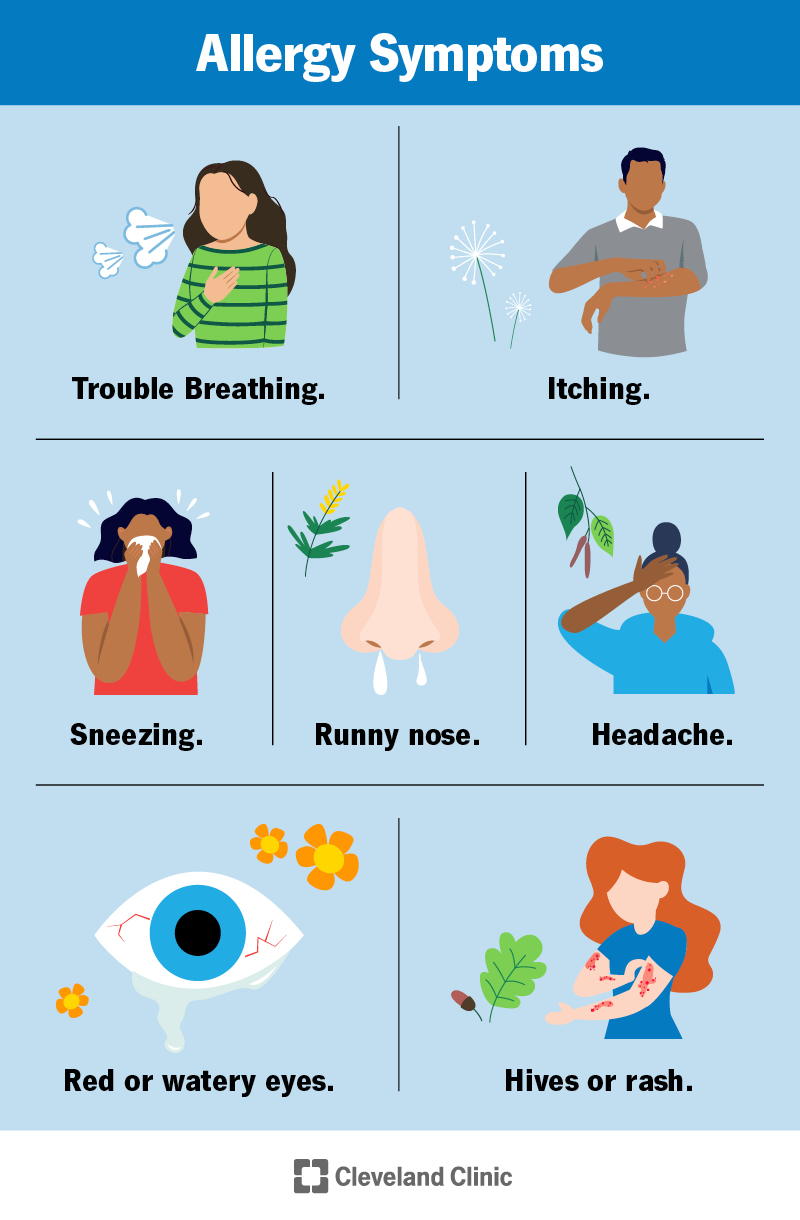
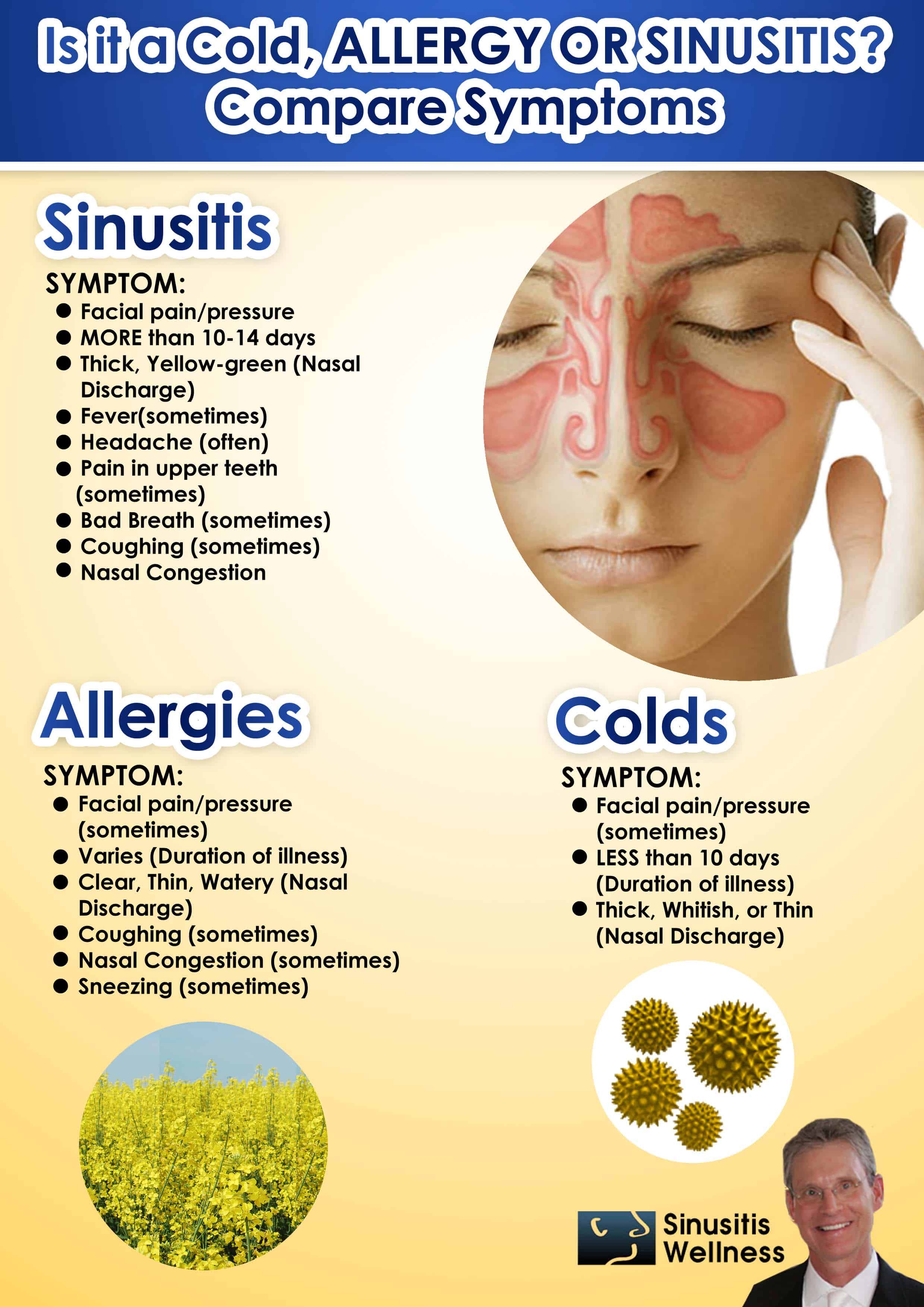





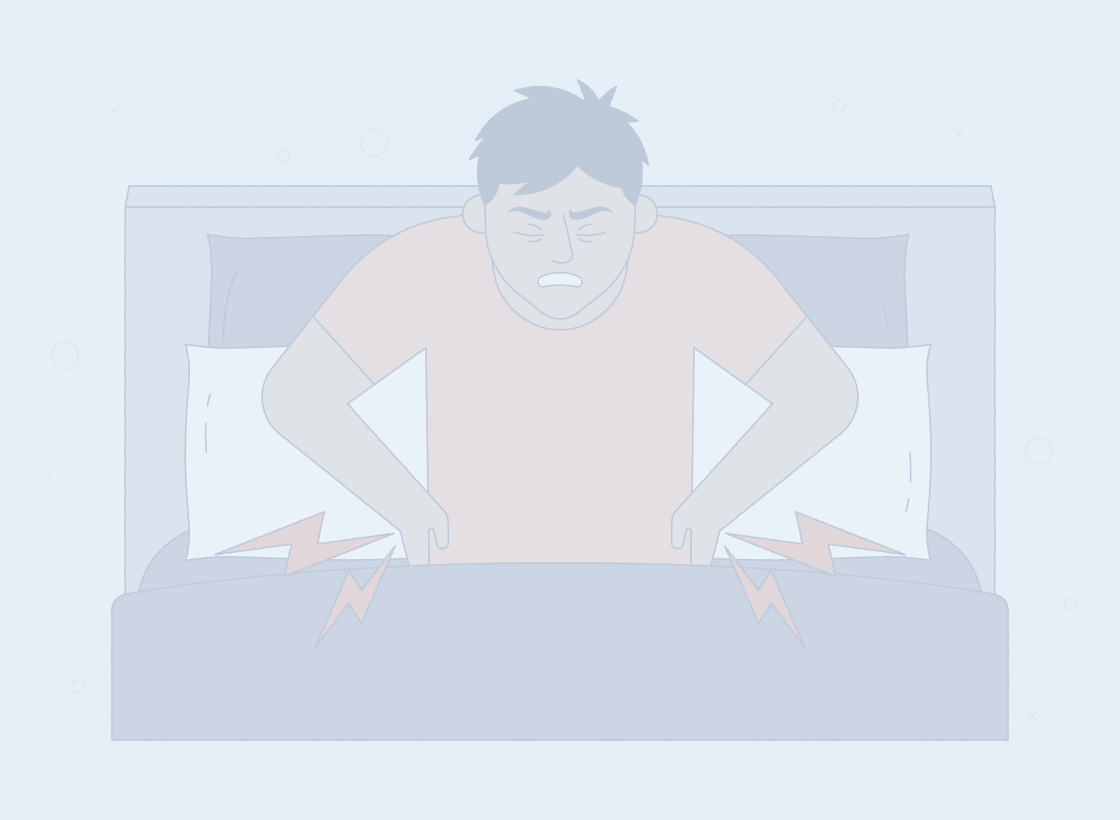




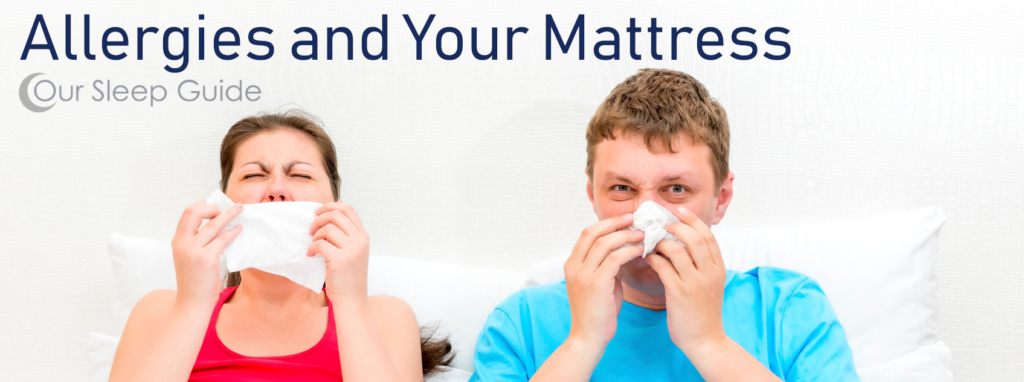



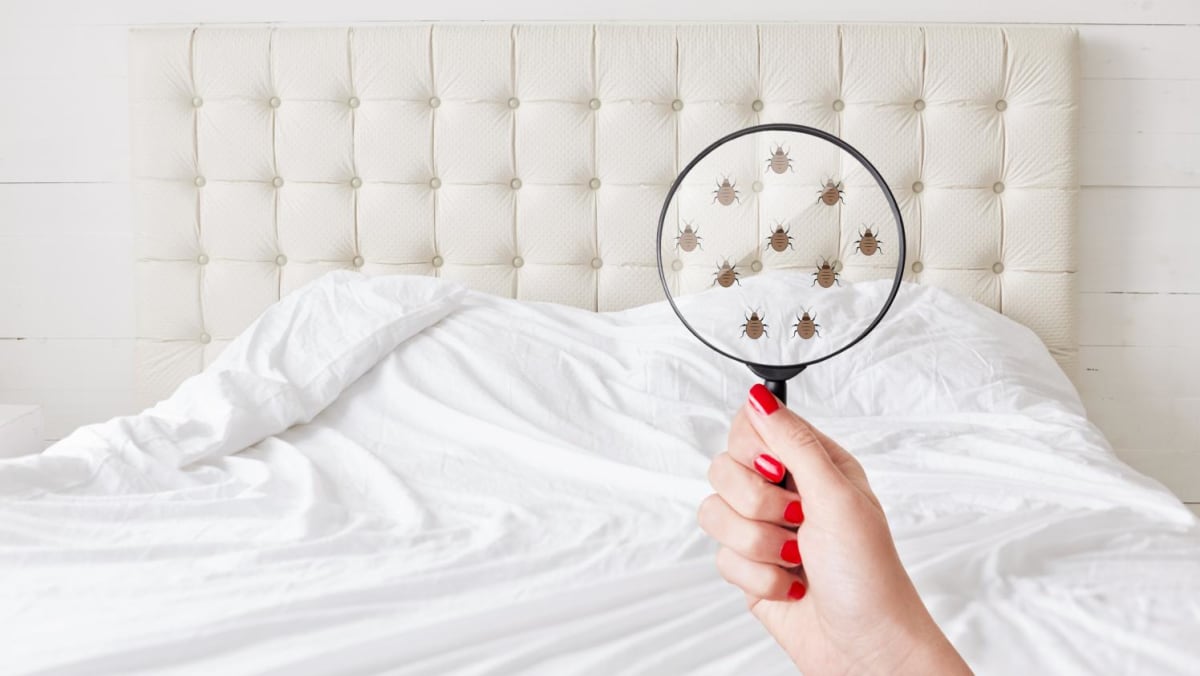
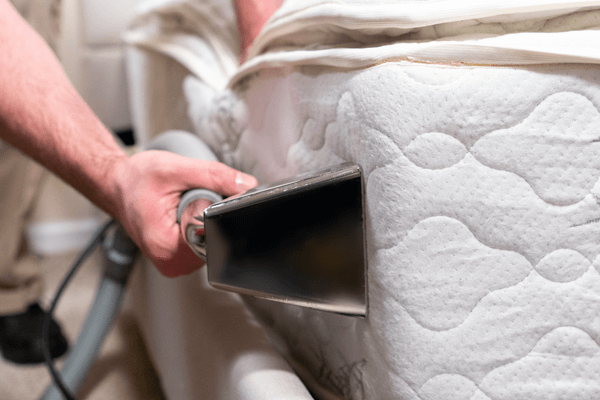
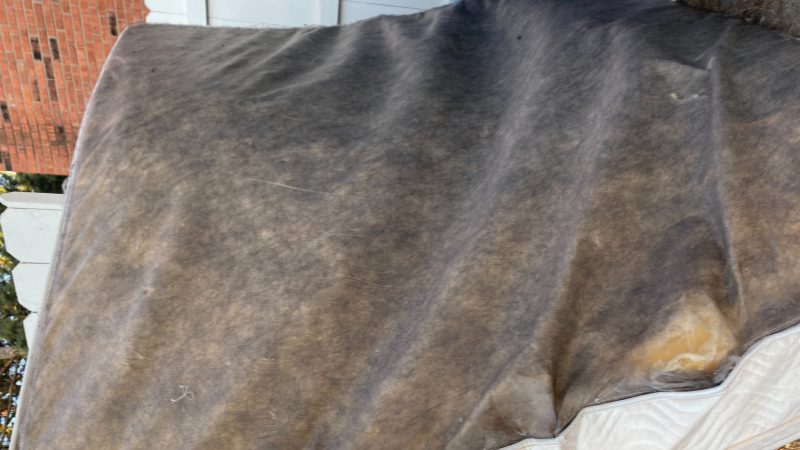


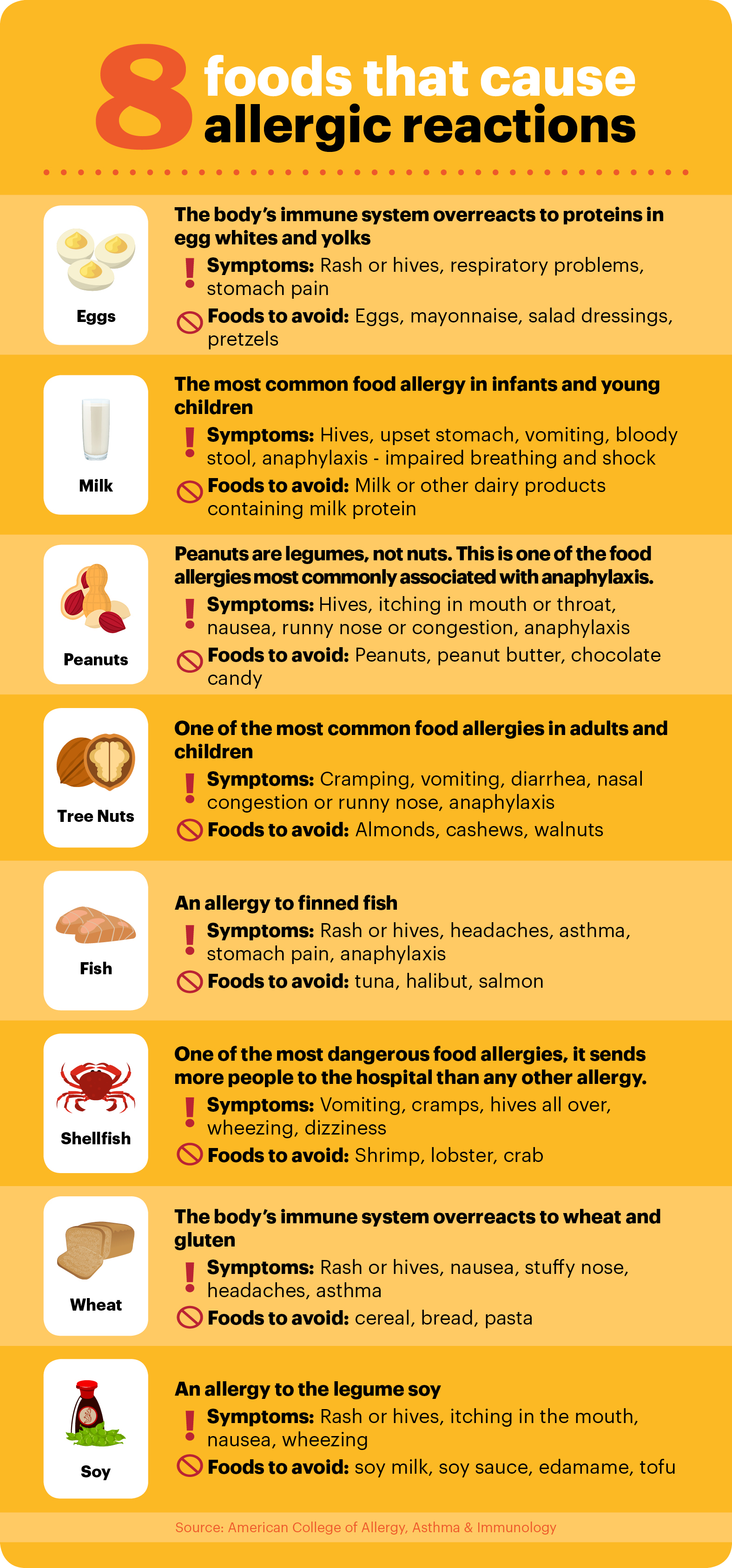





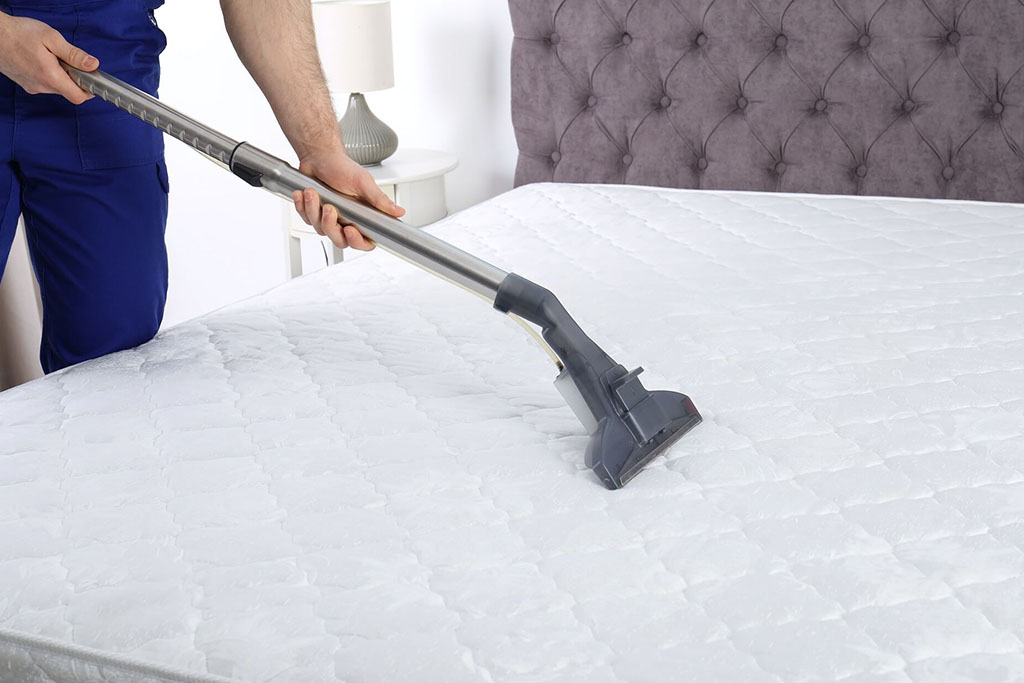

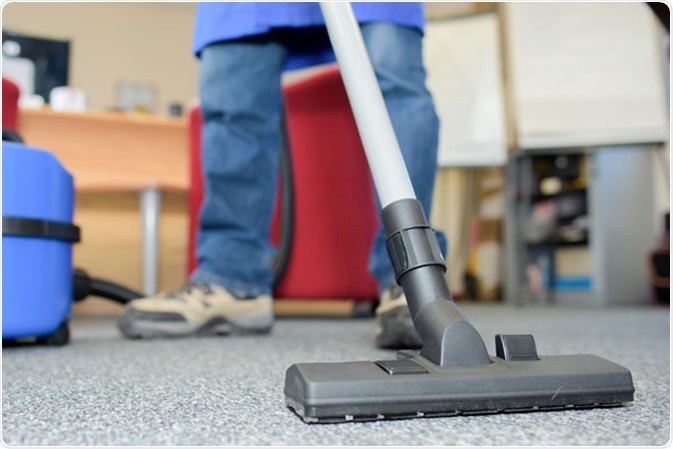

.png)

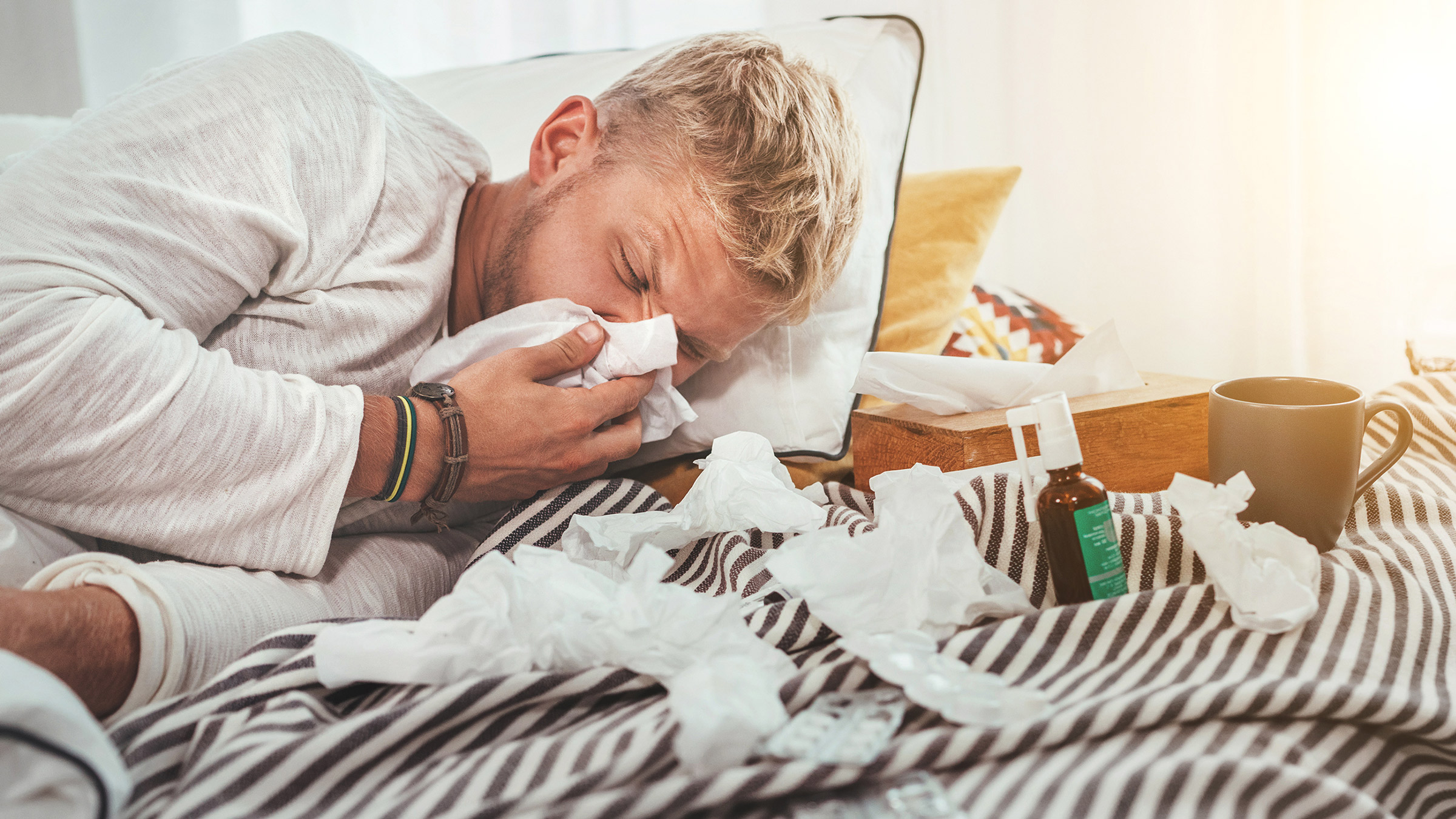





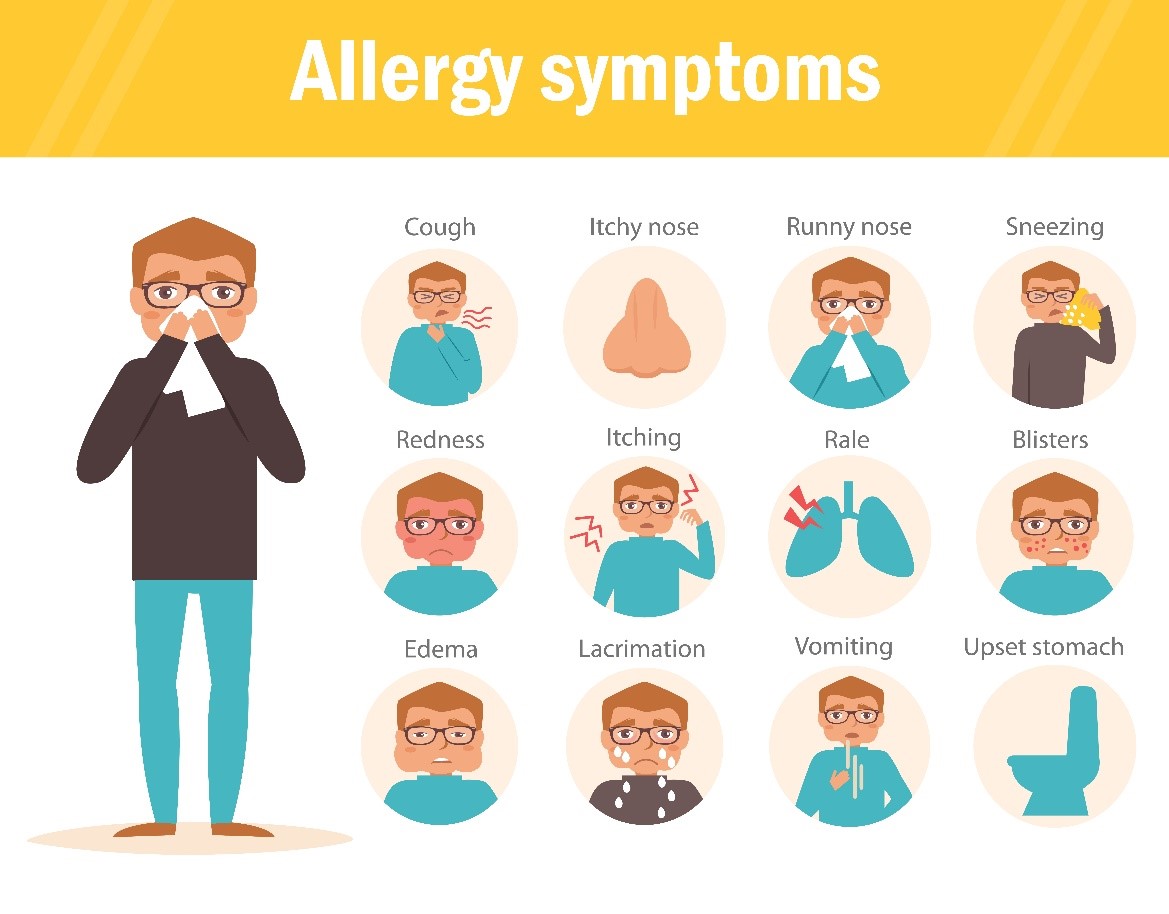
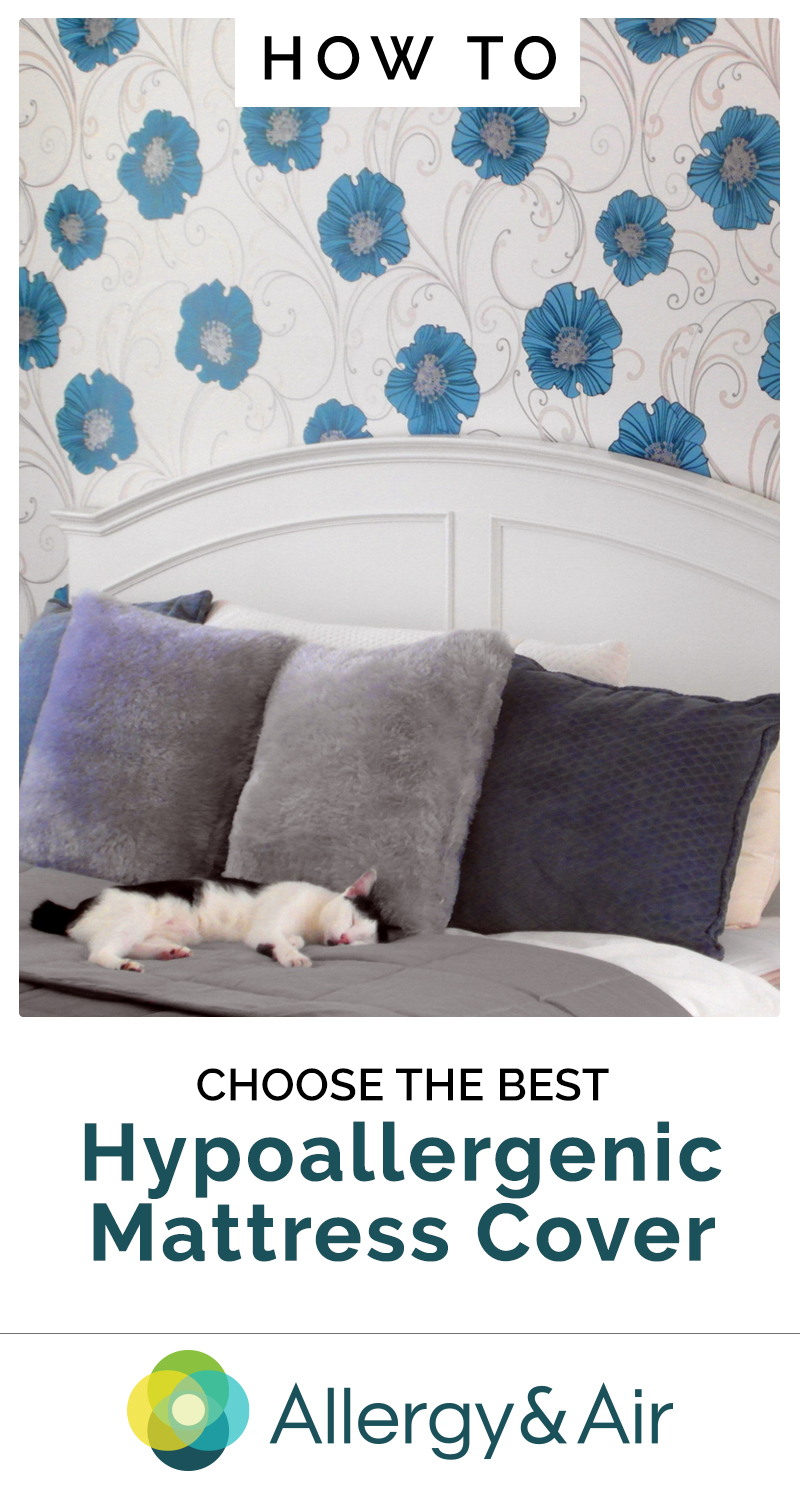


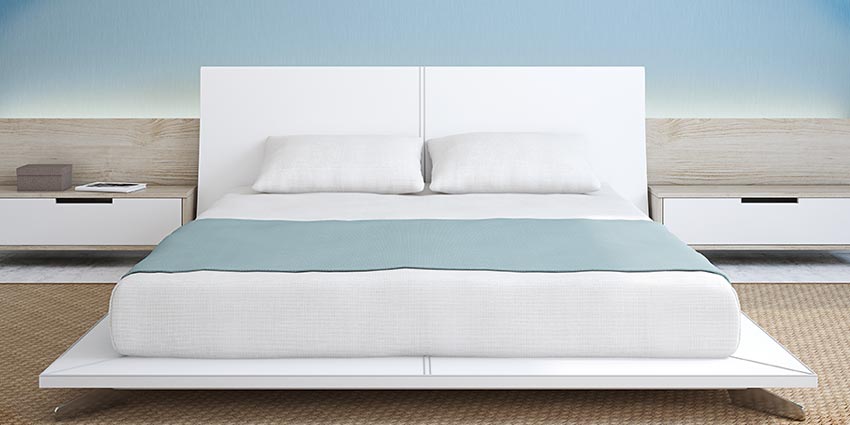
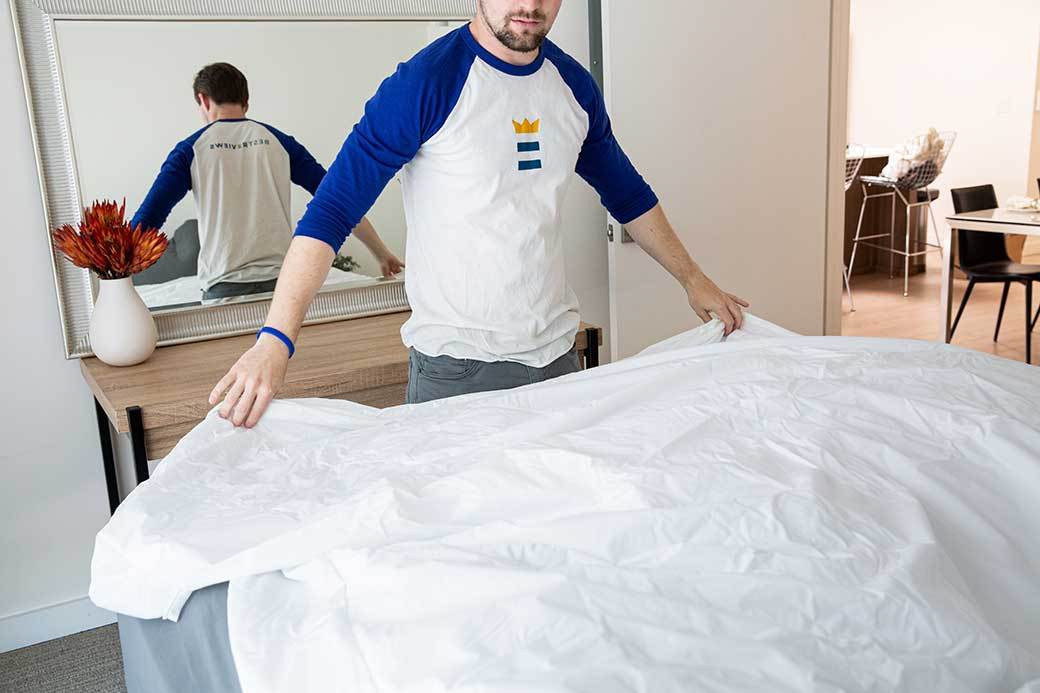








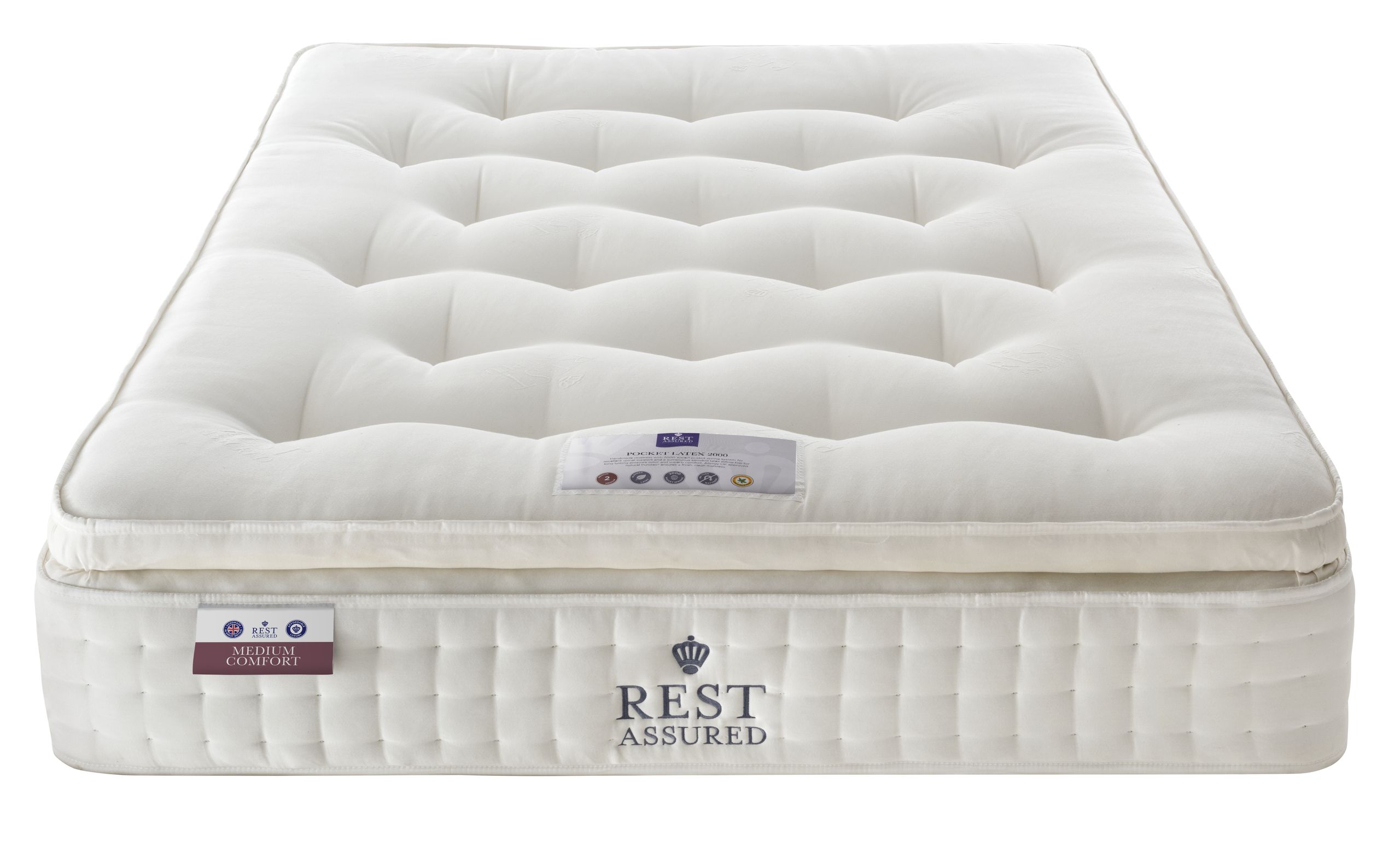

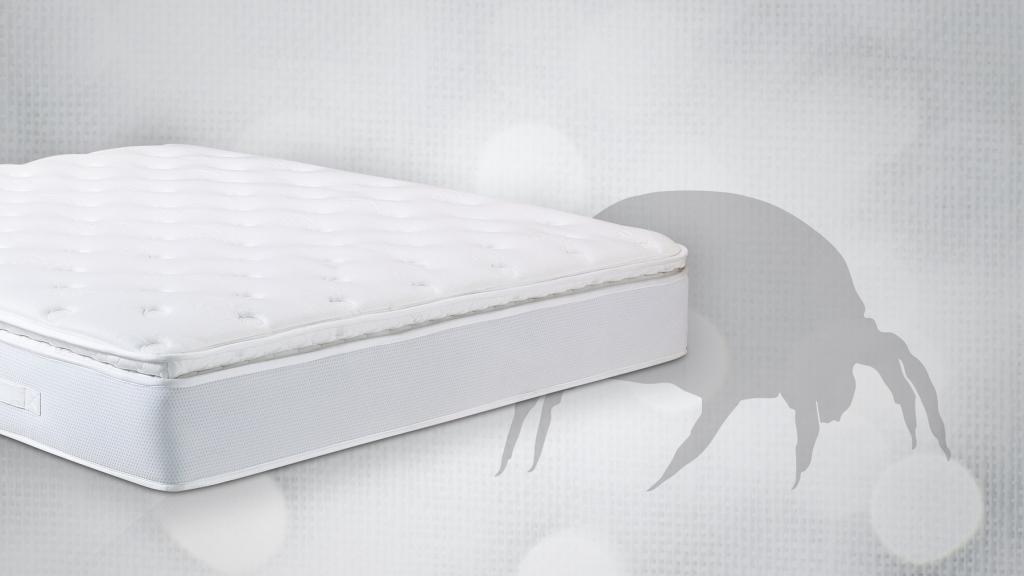








:max_bytes(150000):strip_icc()/clean-your-mattress-the-natural-way-350742-14-5a99efe91be349449c3178993b367746.jpg)
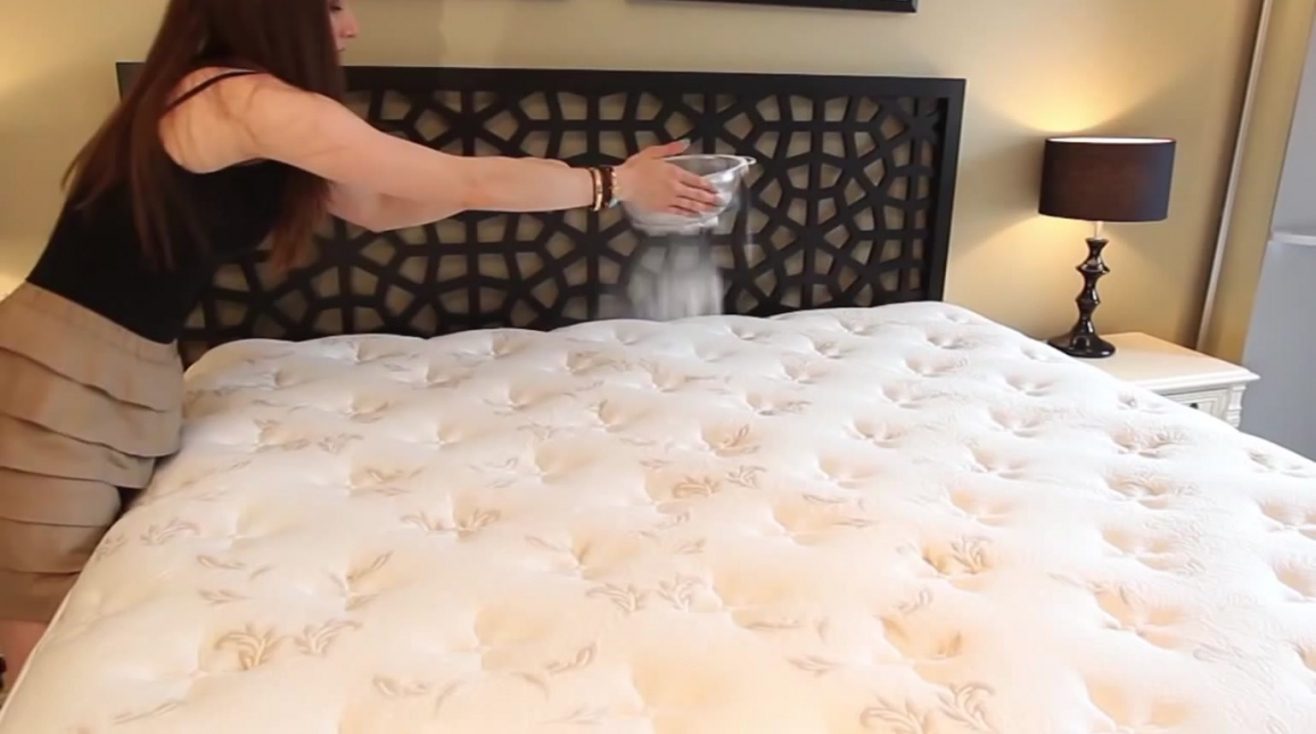
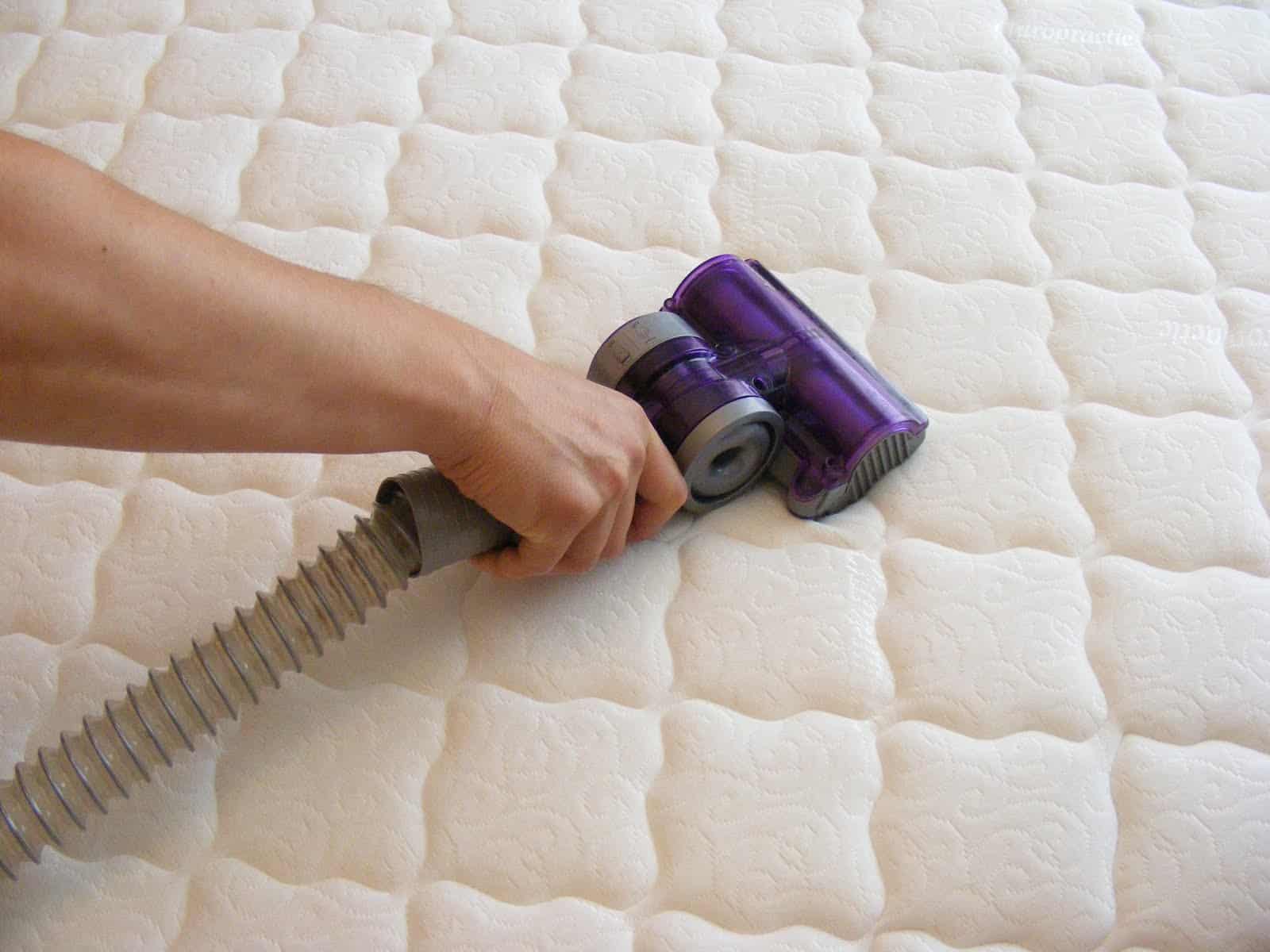

:max_bytes(150000):strip_icc()/clean-your-mattress-the-natural-way-350742-dd95404f7ac54f9b90f09045d9b4e98c.png)











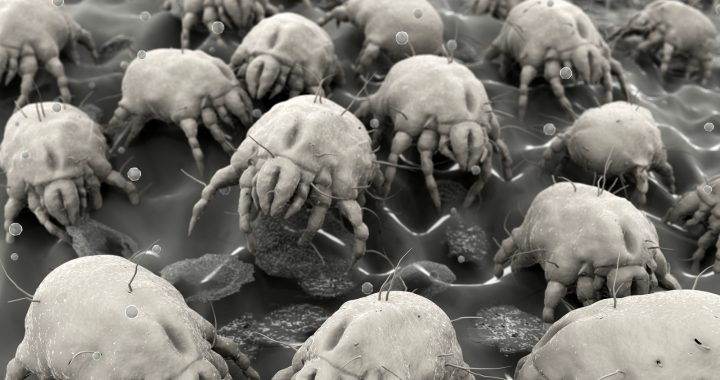

:max_bytes(150000):strip_icc()/d2890-1-56a5200b5f9b58b7d0daf1d9.jpg)











